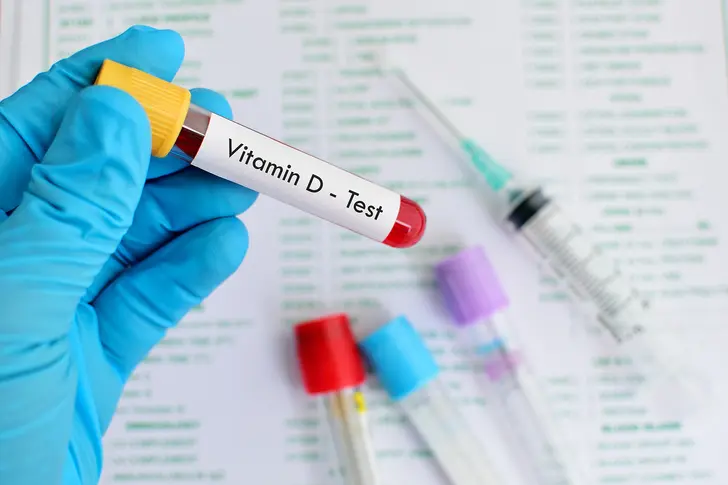- Overview
- Types
- Symptoms
- Causes & Risks
- Tests & Diagnosis
- Treatment
- Living With
- Mobility & Assistive Devices
- Complications
- Caregiving & Support
- Appointment Prep
- View Full Guide
Importance of Vitamin D


Importance of Vitamin D
High levels of vitamin D may reduce the risk of developing MS and could potentially lower the frequency of flare-ups for those already diagnosed. Some studies suggest vitamin D may aid in repairing myelin, the protective sheath around nerves.

Antioxidant Vitamins (A, C, E)
Antioxidants like vitamins A, C, and E may help reduce damage from free radicals, which are thought to contribute to MS progression. However, these supplements may counteract the effects of MS treatments that suppress the immune system. Antioxidants can also be obtained through a diet rich in fruits and vegetables.

Vitamin B6 and B12
There is no strong evidence supporting the use of B6 for energy enhancement, and taking too much can lead to symptoms similar to MS. Lower B12 levels have been observed in MS patients, but supplements are generally recommended only if levels are confirmed to be low.

Minerals: Selenium, Calcium, and Zinc
Selenium levels are often lower in MS patients, but taking supplements may make symptoms worse. Calcium is vital for bone health, especially for those at risk of osteoporosis. Zinc's relationship with MS is unclear, with some evidence suggesting both low and high levels could be problematic.

Herbal Supplements for MS
Ginkgo biloba may reduce fatigue but has mixed results on cognitive function in MS patients. Echinacea might help with colds but could exacerbate MS symptoms. St. John's wort could aid in depression but interacts with many medications. Valerian may help with sleep, but its sedative effects can cause problems with certain medications.

Caution and Consultation
Patients should be cautious about using supplements, as they are not as tightly regulated as medications. Consulting with health care professionals before starting any new supplement is crucial to avoid adverse interactions and ensure safety. A balanced diet rich in natural sources of these vitamins and minerals may be preferable.
PHOTO CREDENTIALS
Slide 1 - jarun011/GettyImages
Slide 2 - insta_photos/Shutterstock
Slide 3 - amenic181/Shutterstock
Slide 4 - iStock/Getty Images
Slide 5 - iStock/Getty Images
Slide 6 - Natee Meepian/Shutterstock
SOURCES:
Journal of Alternative Medicine: "Ginseng as a Treatment for Fatigue: A Systematic Review."
Journal of Korean Medical Science: "Efficacy of Ginseng Supplements on Fatigue and Physical Performance: a Meta-analysis."
Annals of Internal Medicine: "Echinaceas for Treating the Common Cold: A Randomized Trial."
Bowling, Allen C. Optimal Health with Multiple Sclerosis: A Guide to Integrating Lifestyle, Alternative, and Conventional Medicine, Demos Health, October 2014.
ASN Neuro: "Zinc in Multiple Sclerosis: A Systematic Review and Meta-Analysis."
JAMA Neurology: "Use of Vitamins and Dietary Supplements by Patients With Multiple Sclerosis: A Review."
CNS Drugs: "The evidence for a beneficial role of vitamin A in multiple sclerosis."
Johnson, S.K., Explore, published online January 2006.
eNeurologicalSci: "A review on potential roles of vitamins in incidence, progression, and improvement of multiple sclerosis."
Nutrients: "Does Vitamin C Influence Neurodegenerative Diseases and Psychiatric Disorders?"